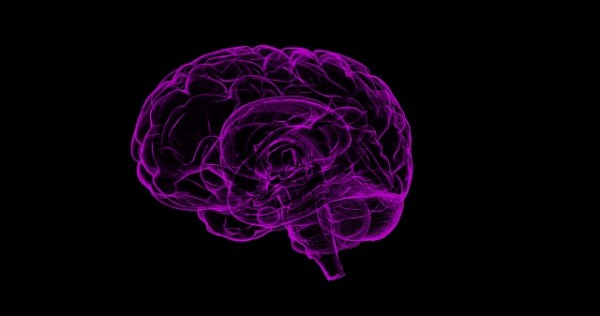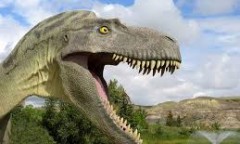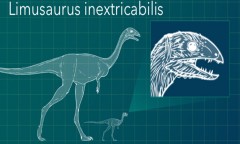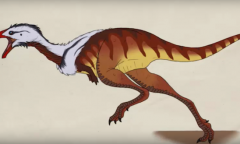By Vishal Goel, | January 05, 2017

For the study, the rates at which teeth and brains have evolved along the different branches of the human evolutionary tree were measured and compared. (sbtlneet)
A new study claims that the evolution of the brain and teeth size were not linked to each other in humans. This challenges the long-accepted view that a reduction of teeth size in hominins (Homo sapiens' ancestors) is related to having a larger brain.
According to the study by researchers at the George Washington University's Center for the Advanced Study of Human Paleobiology (CASHP), while brain size evolved at different rates for different species, the genus that includes humans tended to evolve chewing teeth at more similar rates. The finding suggests that human brains and teeth evolution were independent and were likely influenced by different ecological and behavioral factors.
Like Us on Facebook
The reasoning behind the popular belief till now that reduction of tooth size in hominins is linked with having a larger brain has been that larger brains allowed hominins to start making stone tools and the use of these tools reduced the need to have such large chewing teeth. The belief was debunked after authors found that hominins had larger brains before their chewing teeth became smaller and that they made and used stone tools when brains were still quite small, Phys reported.
For the study, the rates at which teeth and brains have evolved along the different branches of the human evolutionary tree were measured and compared. To conduct the research, Dr. Aida Gómez-Robles, the lead author of the paper and a postdoctoral scientist at GW's CASHP, and her colleagues analyzed eight different hominin species.
"The findings of the study indicate that simple causal relationships between the evolution of brain size, tool use and tooth size are unlikely to hold true when considering the complex scenarios of hominin evolution and the extended time periods during which evolutionary change has occurred," said Gómez-Robles.
-
Use of Coronavirus Pandemic Drones Raises Privacy Concerns: Drones Spread Fear, Local Officials Say

-
Coronavirus Hampers The Delivery Of Lockheed Martin F-35 Stealth Fighters For 2020

-
Instagram Speeds Up Plans to Add Account Memorialization Feature Due to COVID-19 Deaths

-
NASA: Perseverance Plans to Bring 'Mars Rock' to Earth in 2031

-
600 Dead And 3,000 In The Hospital as Iranians Believed Drinking High-Concentrations of Alcohol Can Cure The Coronavirus

-
600 Dead And 3,000 In The Hospital as Iranians Believed Drinking High-Concentrations of Alcohol Can Cure The Coronavirus

-
COVID-19: Doctors, Nurses Use Virtual Reality to Learn New Skills in Treating Coronavirus Patients











